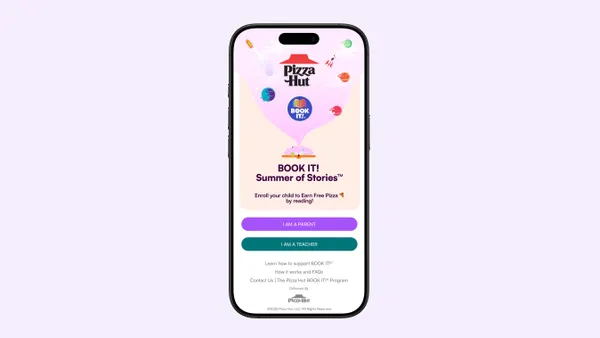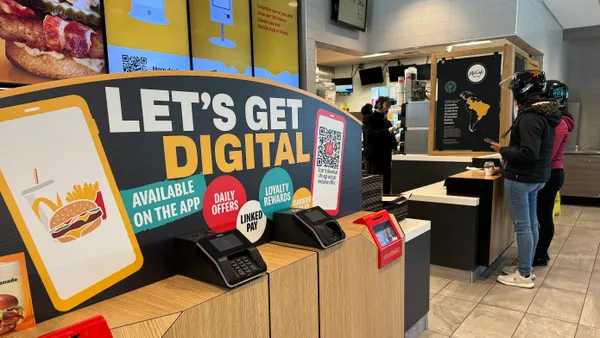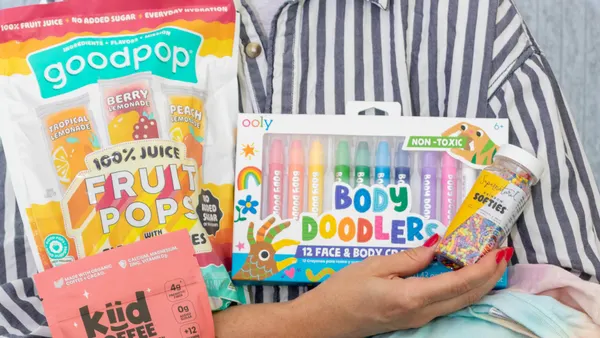Brief:
- Facebook's revenue rose 11% to $18.7 billion in Q2 from a year earlier as the social media giant saw increased engagement from homebound consumers during the coronavirus pandemic, per its quarterly earning report. However, the growth marked a slowdown from the 17% gain it had seen in the prior quarter as the health crisis curbed demand for advertising.
- The user base for Facebook's family of apps, including Instagram, WhatsApp, Messenger and its social network, rose 13% to 3.14 billion monthly active people (MAP) worldwide. The number of daily active people (DAP) rose 15% to 2.47 billion, while the average revenue per user (ARPU) for its family of apps slipped by 1.6% to $6.10, per its earnings presentation.
- Facebook's profit almost doubled to $5.18 billion, though the results aren't directly comparable because the company last year paid $2 billion of a $5 billion fine to settle a privacy case with the Federal Trade Commission, per its announcement.
Insight:
Facebook's revenue gain shows that the social media giant managed to grow ad sales despite the economic challenges of the coronavirus pandemic, which triggered a record 34% drop in U.S. output in Q2 from a year earlier, as estimated by the Bureau of Economic Affairs. The continued growth is a sign of Facebook's resilience as a mobile marketing platform, and of advertiser willingness to buy ads on its apps even as they cut back spending on other media channels.
Facebook's growth contrasts with the 8% ad revenue decline that Google, the world's biggest digital ad platform, experienced in Q2. Facebook and Google are sometimes described as the "duopoly" because of their dominance in the U.S. digital advertising market, where they are expected to have a combined market share of about 52% by the end of the year, researcher eMarketer estimated last month. Meanwhile, e-commerce giant Amazon saw a 41% jump to $4.22 billion in its "other" revenue category that mostly consists of ad sales as consumers flocked to the site to shop while stuck at home. Amazon's advertising business is less mature than Facebook's and Google's, making a higher growth rate easier to attain.
Facebook also provided a brief look at the current quarter, which includes a boycott by advertisers participating in a protest of the company's policies on hate speech. The company's revenue climbed 10% during the first three weeks of July from a year earlier despite the boycott, CFO Dave Wehner said in a conference call with analysts. These numbers suggest the boycott may not be having the kind of impact on Facebook's revenues needed to pressure the platform to make changes addressing the boycotters' concerns about how Facebook's policies support the spread of hate speech. The company forecasts that its July growth rate will continue during the current quarter amid economic uncertainty, a steady decline in engagement with its platforms to more normal levels, the effects of the boycott and stricter privacy regulation that limits the effectiveness of social media advertising.
By the end of July, some advertisers were already saying they would return to Facebook, including North Face, Pernod Ricard and Heineken, according to a report from the Wall Street Journal. A North Face executive told the Journal that Facebook has made progress on the issues and that broader change is likely to take time. Other advertisers will continue their boycott, including J.M. Smucker Co., Beam Suntory and Eddie Bauer, as they look for bigger moves from the social media giant to address the spread of hate speech.












